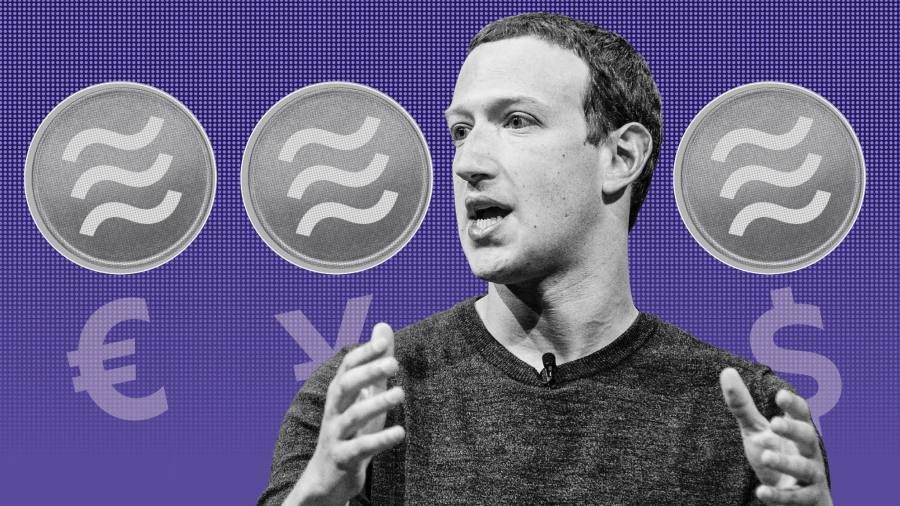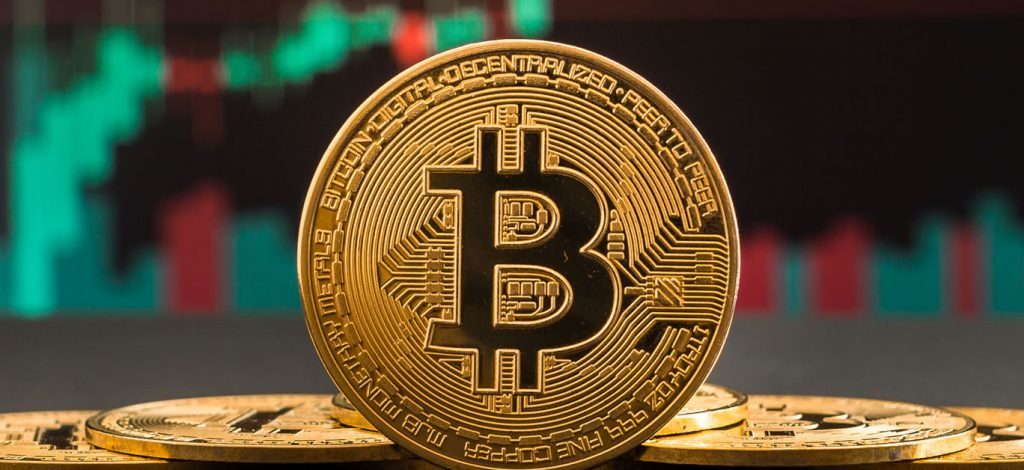 How Facebook’s Libra went from world changer to just another PayPal How Facebook’s Libra went from world changer to just another PayPal Share
How Facebook’s Libra went from world changer to just another PayPal How Facebook’s Libra went from world changer to just another PayPal Share
A Facebook-led digital currency was supposed to change the world.
“More than a billion people around the world don’t have access to a bank account,” chief executive Mark Zuckerberg told US Congress last year, “but could through mobile phones if the right system existed . . . I believe that this problem can be solved and Libra can help.”
Now, however, it seems that Libra will not change much beyond Facebook itself — if indeed it happens at all.
This week, almost a year after the project was launched, its backers unveiled “Libra 2.0”.As part of the revamped plans, they have removed key tenets of the initial proposal, which were intended to help turn the digital coin into a global currency to rival the dollar, but also threatened to generate insuperable regulatory resistance.
“The original vision for Libra was one with wild crypto dreams of private money, free of regulation,” said David Gerard, a historian of digital currencies and author of Attack of the 50-foot Blockchain .
“This was never going to fly.Facebook is a real, touchable company.You can abuse people’s private information — but governments take the money very seriously.”
He added: “I can see the new Libra working as an ordinary, regulated payments processor — PayPal, but it’s Facebook.”
Libra 2.0 departs from its original formulation in several key ways, each designed to overcome regulatory and political resistance.
Firstly, instead of creating a single new currency, Libra plans to launch a series of different digital coins, each backed by a different government currency one for one.It will also build a Libra coin that is a “digital composite” of some of those coins, which will be available for cross-border transactions and in countries with no digital currency.
At a stroke, the association has abandoned its attempts to create a floating digital currency that could even have rivalled the dollar.
Instead its coins will fluctuate according to what is happening in the markets for physical currencies.
It was this policy that had sparked concern among politicians and central bankers over whether the project could imperil the stability of existing currencies.
Secondly, Libra is scrapping its ambitions to move to a “permissionless” system, whereby anybody could help run the network, and no single authority would have control, as was the original vision of bitcoin.
Thirdly, the association that runs the coin will now vet any wallet that is launched on the network, and beef up its own scrutiny of what is happening there, rather than leaving it to local regulators.
These latter two concessions are designed to eliminate the criticism that by allowing anyone to operate on the network, Libra was opening itself up to being used by criminals to launder money.
Dante Disparte, Libra vice-chairman, told the Financial Times that the coin’s digital nature might even make it easier to monitor than a physical currency.“There are certain things you could do with a blockchain payment system [like Libra’s] that you cannot with alternatives, such as geofencing politically sanctioned countries, blocking suspicious addresses, identifying suspicious activity in [close to] real time,” he said.
Crypto enthusiasts have long argued for a truly unregulated, decentralised global currency that users can use for any type of “censored” transaction, for instance buying something online without a bank account.For them, Libra’s changes mark the death of a dream.
“Libra 2.0 is likely to be less compelling to the crypto developer and user community as it will lack ‘censorship resistance’ — arguably the most important and unique feature of blockchain networks like bitcoin and ethereum,” said Garrick Hileman, head of research at crypto wallet company Blockchain.
Some believe that by removing the most controversial parts of the original proposals, Libra has managed to take the heat out of the debate surrounding its implementation while also retaining its central commercial value to Facebook.The social media platform has been increasing efforts to facilitate payments across its platforms, including WhatsApp and Messenger.
“If you are Facebook and you want to grow, it would be really useful to have a functional, stable, cross-border payments system just to be used on the platform itself,” said Stephen Palley, a partner at the Washington law firm Anderson Kill.“I wouldn’t be surprised if this was the plan all along.”
Others, however, warn the details of the scheme still pose problems.
Sylvia Garcia, a Democratic member of the House Financial Services committee, said she remained opposed to the plan to create any form of composite currency, rather than relying purely on existing currencies.
She said: “Facebook and the Libra Association have issued a second white paper that retains a Libra coin backed by a basket of assets.
As such, this does not address the concerns I raised when Mr Zuckerberg testified before the Financial Services Committee.”
Some also have concerns that the association has not said how it will raise the money for the capital buffers it says will protect the currency in the event of a catastrophe.
Many experts warn, however, that as long as Facebook remains the project’s most prominent backer, the technology company’s toxic political reputation will stop even this limited version of Libra becoming a reality.While it has been at pains to state that it is only one among a 22-strong consortium and that other members finally in February contributed to funding the project, critics are still awaiting the appointment of an independent head.
“Even if this is scaled down, Facebook still has its detractors, especially in Congress,” said Ben Koltun, a senior research analyst at Beacon Policy Advisers, a Washington-based political consultancy.
“The political barriers to Libra getting off the ground are still there.”.
